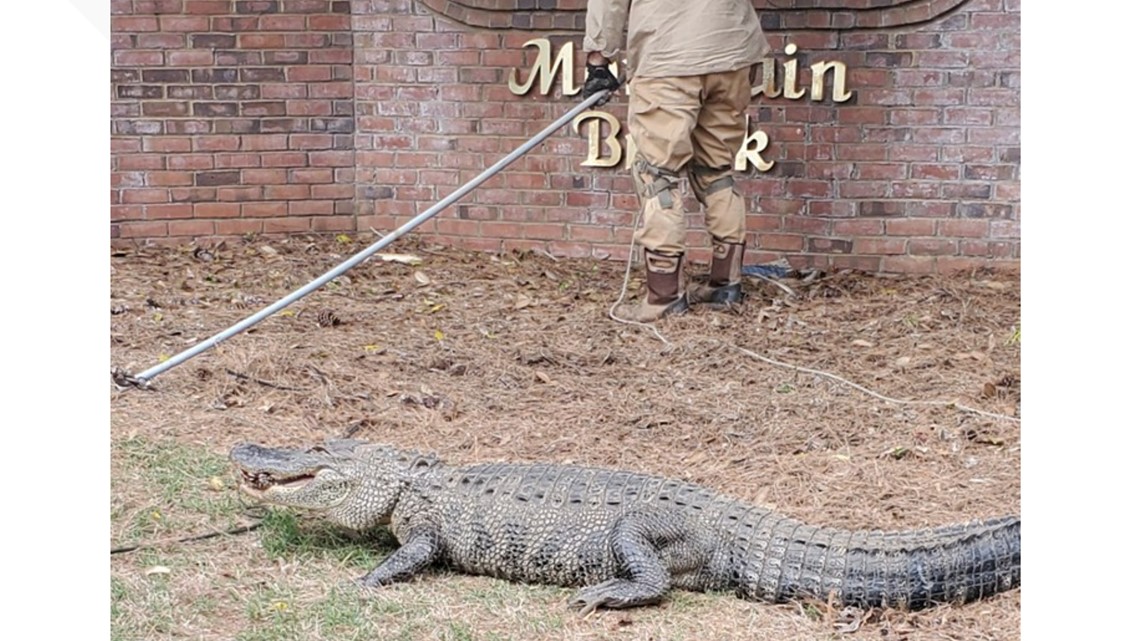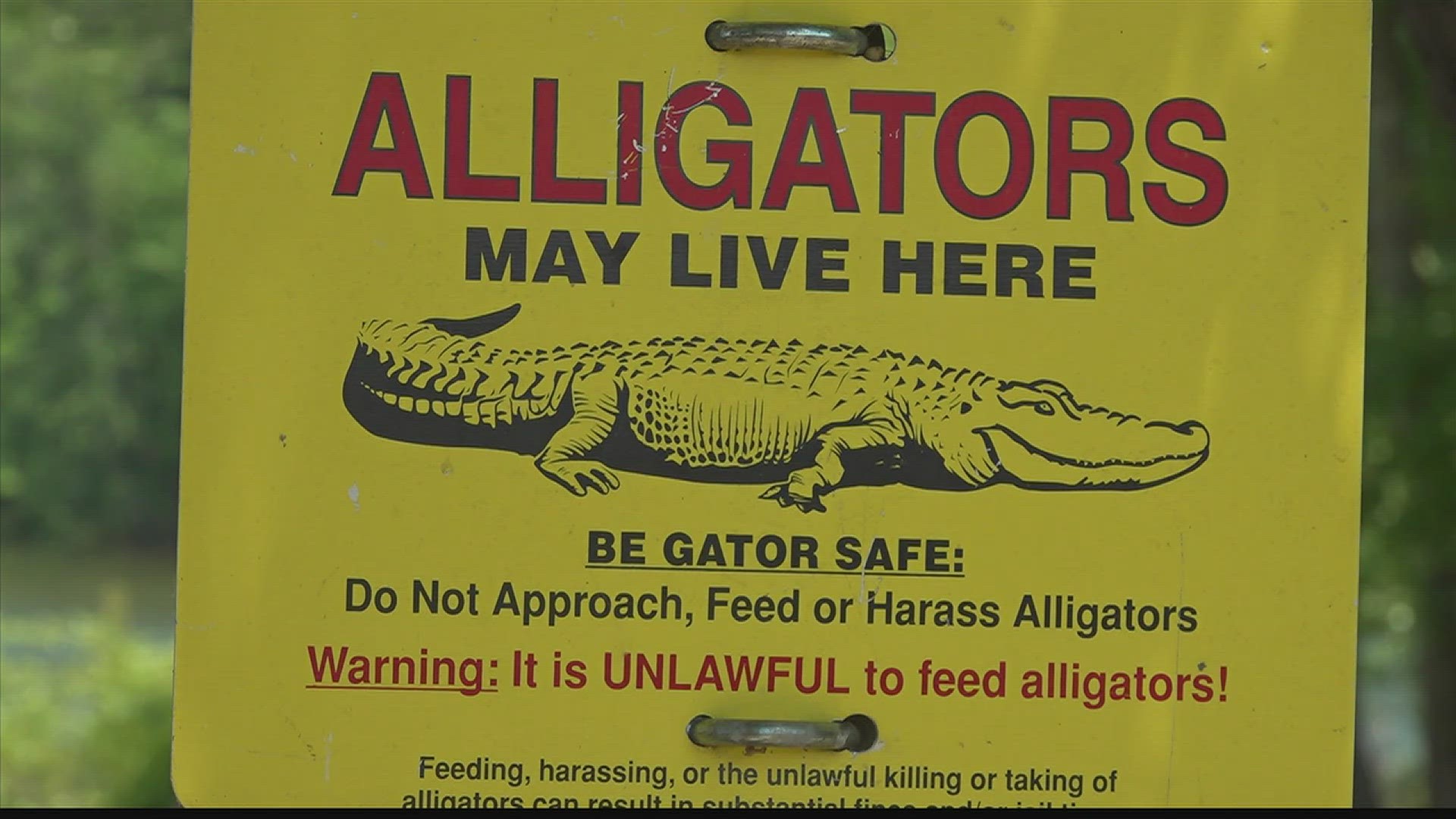DECATUR, Ala. — Temperatures have been heating up, giving alligators in North Alabama the perfect time to resurface for breeding season. Some have already been seen this spring.
When I first moved here, the thought of seeing an alligator never crossed my mind. But they're very much here. And it makes me wonder...how long have they been here? What's their story?
Park Ranger David Young with Wheeler National Wildlife Refuge, says there have been alleged sightings of alligators in North Alabama for at least the last 100 years.
But it's hard to know for certain how long they've actually been here.
"If you go back hundreds of years, it's hard to know how far north the range was historically. That's something that researchers have debated a long time," Young said.
One thing is for certain though, some alligators were brought here in the late 1970's in an effort to help maintain their population.
"In the 1970s, the American Alligator was added to the endangered species list. And so in 1979… the U.S. Fish and Wildlife Service brought just over 50 alligators from Southwest Louisiana to the refuge, Wheeler National Wildlife Refuge here in Decatur, to try to provide a secondary population away from the coast in case some catastrophic event were to wipe out the population on the Gulf Coast," Young said.
And although the alligator population is much smaller here in the northern part of the state, people have seen them over the years in some interesting locations.
In May, the city of Madison shared photos of an alligator found off of Zierdt Road near a neighborhood.


"North Alabama is growing a lot as far as people moving to the area, which is a wonderful thing. But a lot of the housing developments near water are kind of interfacing with that same habitat that alligators prefer," Young said.
Oftentimes they stay in slow-moving, quiet, backwater areas and they do most of their feeding at night.
"Human, alligator, interactions and problems are rare, but the number one thing is just to keep your safe distance like you would with any wild animal," Young said.
It is unlawful to feed these animals and if you happen to see an alligator on the wildlife refuge that's exhibiting aggressive behavior, call their office at (256) 350-6639.
"If you're off of the refuge, call your local law enforcement agency and they'll coordinate with state wildlife officials to decide whether the alligator needs to be relocated," Young said.

